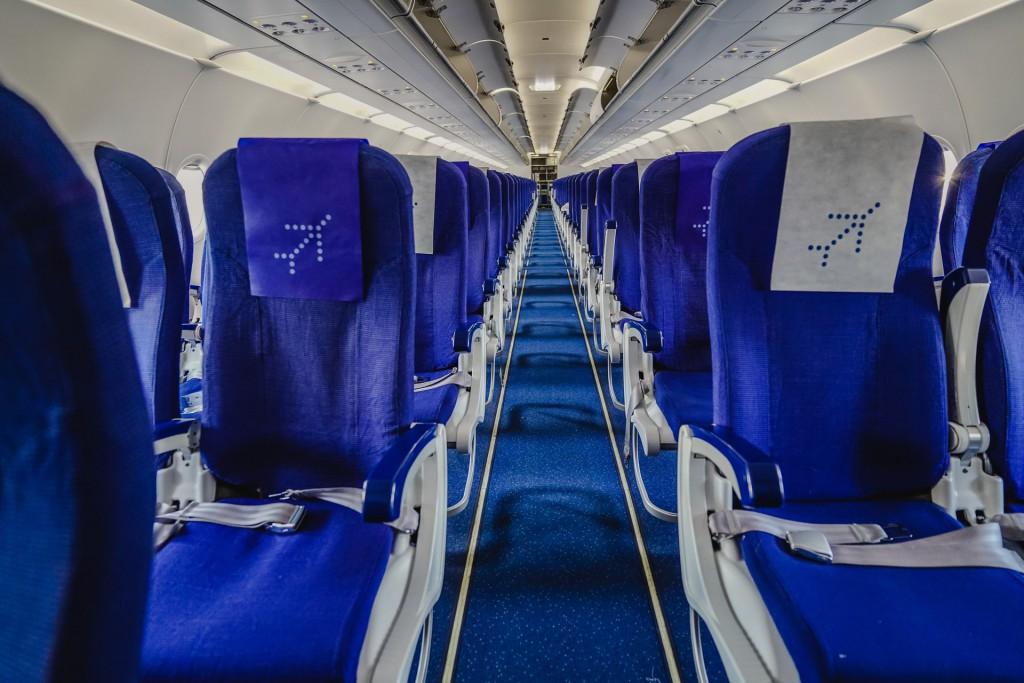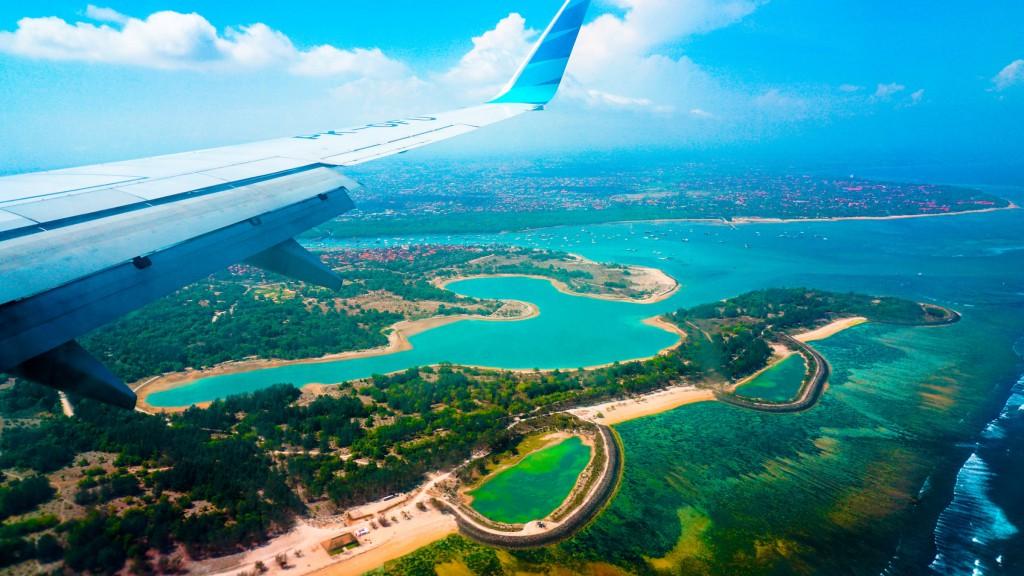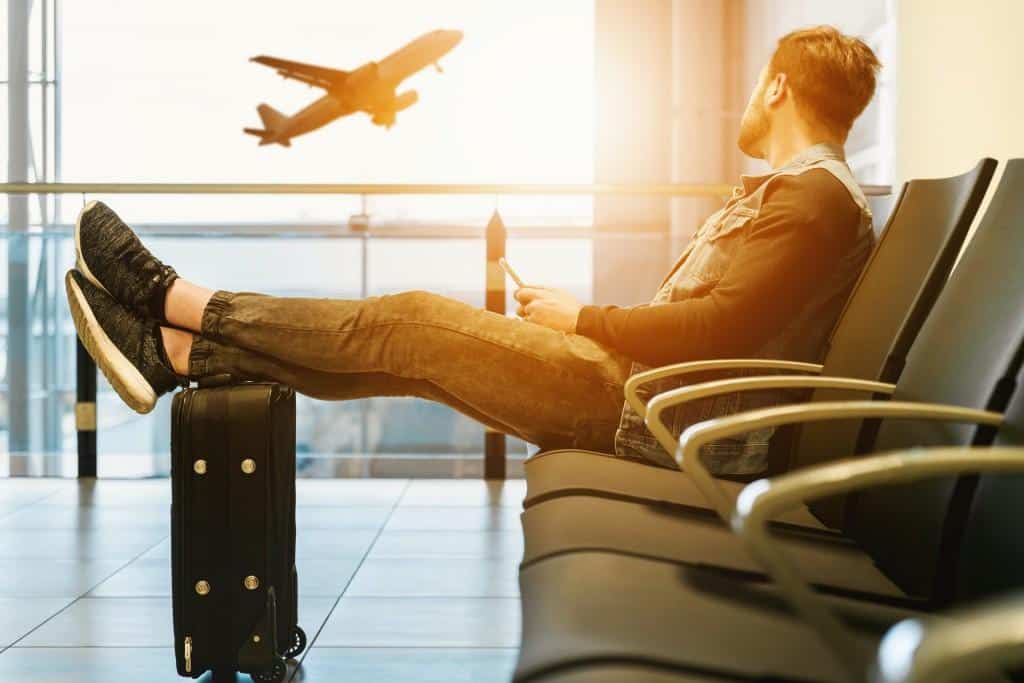It’s the subject line nobody wants to see: Your flight has been changed.
Congratulations! You’ve fallen prey to airline optimisation.
Airline optimisation
Behind the scenes, flights change all the time: different crew, gates, aircraft. This is due to some hard maths called airline optimisation. In human, this is an algorithm that finds the highest profit margin for airlines by comparing factors including fuel and crew costs, gate availability, airport restrictions, maintenance delays, number and types of passengers, and ticket prices. It’s complicated.

Spill and spoilage
Flying is a business. In a perfect model, the flight takes off at capacity, with as many full-fare passengers as possible. (Yes, there is a list of what passengers paid for their tickets)
When a plane takes off with empty seats, this is called spoilage.
Spill happens when airlines fill up too many seats with cheap fares and need to offset the per-plane profit loss. When your 10-euro ticket to Tuscany gets bumped, this is an example of spill.
My flight changed but I can see available seats!
For high-demand flights, airlines often reserve seats for last-minute passengers willing to pay a high price for tickets. This is why your flight details can change even if there are still seats available on the plane.
How to keep from getting bumped
Plug the leaks with loyalty. Airline optimisation prioritises repeat customers and those in flyer programmes. Using an airline-issued credit card may keep you from getting B-listed.
Book later. Forecasting flights isn’t a perfect science, but airlines have a better idea closer to the departure date. 90 days out is a sweet spot: early enough to get a good deal, close enough to take-off to prevent rescheduling.
Fly First or Business Class.
Get trip delay insurance. Take the sweet deal, but pick up some trip delay insurance to prevent any issues with connecting flights or penalties for a late check-in.










